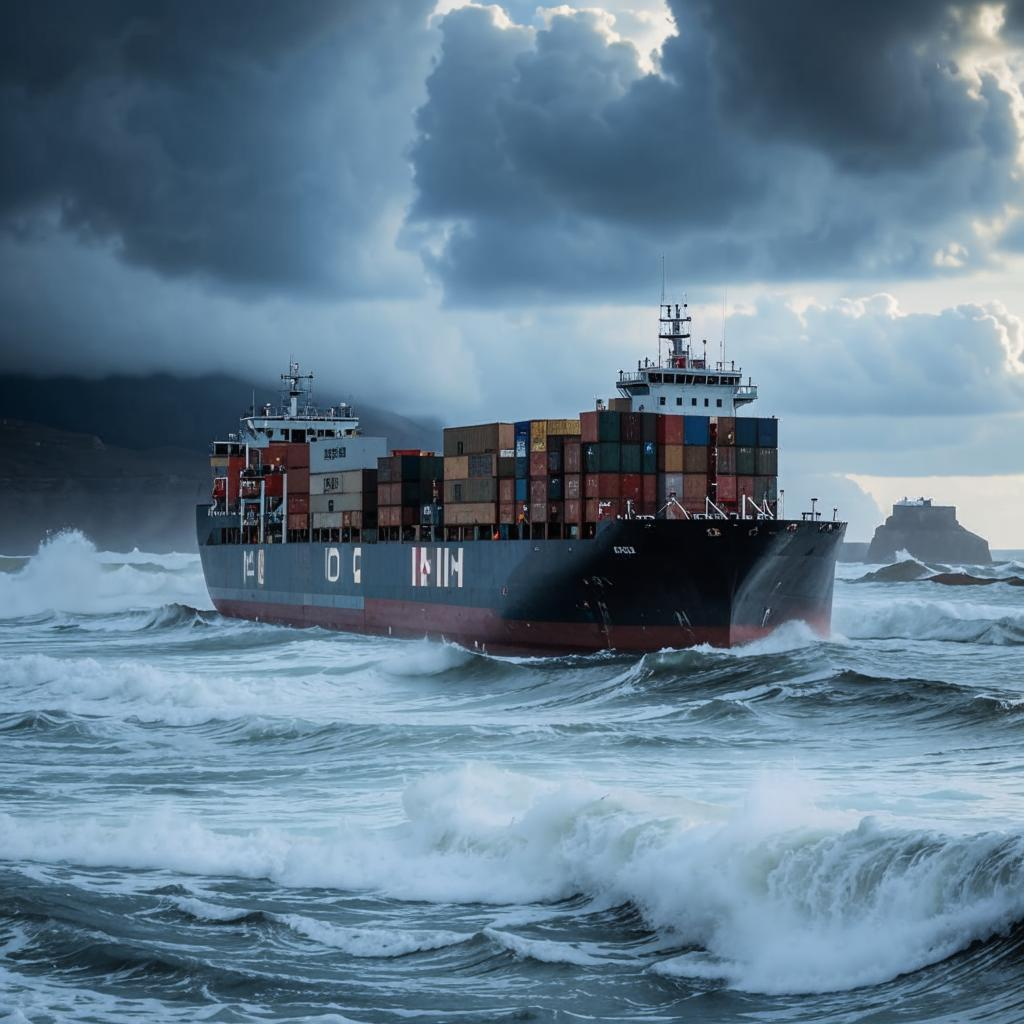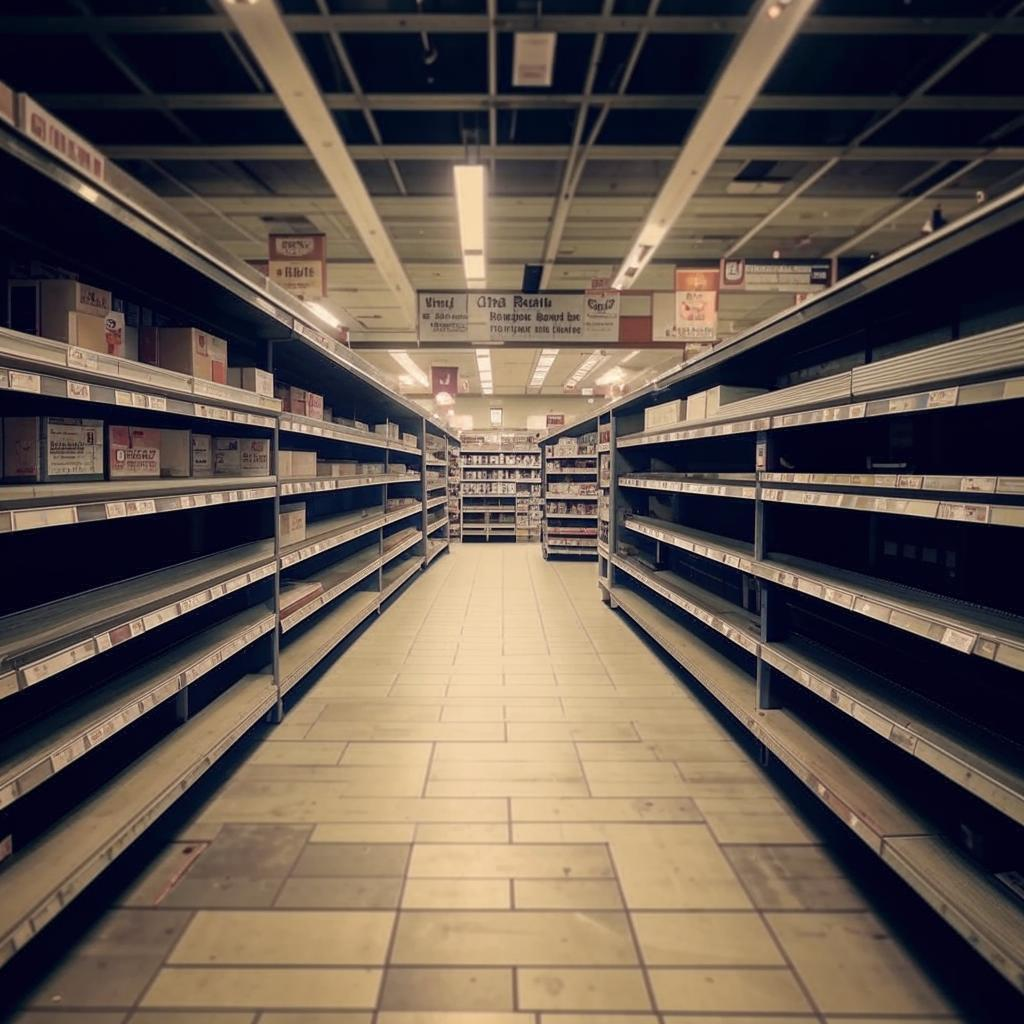Global supply chains are reeling from a fresh wave of disruptions following attacks in the Red Sea. The vital waterway, responsible for approximately 12% of global trade, has become increasingly perilous, forcing shipping companies to reroute vessels around the Cape of Good Hope, adding weeks to transit times and significantly increasing costs.
This latest crisis compounds existing pressures on supply chains already struggling with the aftermath of the COVID-19 pandemic, geopolitical tensions, and extreme weather events. The Red Sea attacks are expected to cause delays and price increases for a wide range of goods, from electronics and apparel to food and energy.
Experts warn that the disruptions could have a significant impact on the global economy, potentially fueling inflation and slowing growth. Businesses are scrambling to find alternative shipping routes and diversify their supply sources to mitigate the impact. Some companies are also considering near-shoring or re-shoring production to reduce their reliance on global supply chains.
The long-term consequences of the Red Sea crisis remain uncertain, but it is clear that the global trading system is facing a period of unprecedented instability. Governments and businesses must work together to find solutions to these challenges and build more resilient supply chains. Companies are now seeking ways to improve their supply chains, by developing technologies and tools that help streamline operations, improve efficiency and mitigate risks. The current crisis highlights the vulnerability of global trade and the need for greater diversification and resilience in the face of geopolitical and environmental risks.












